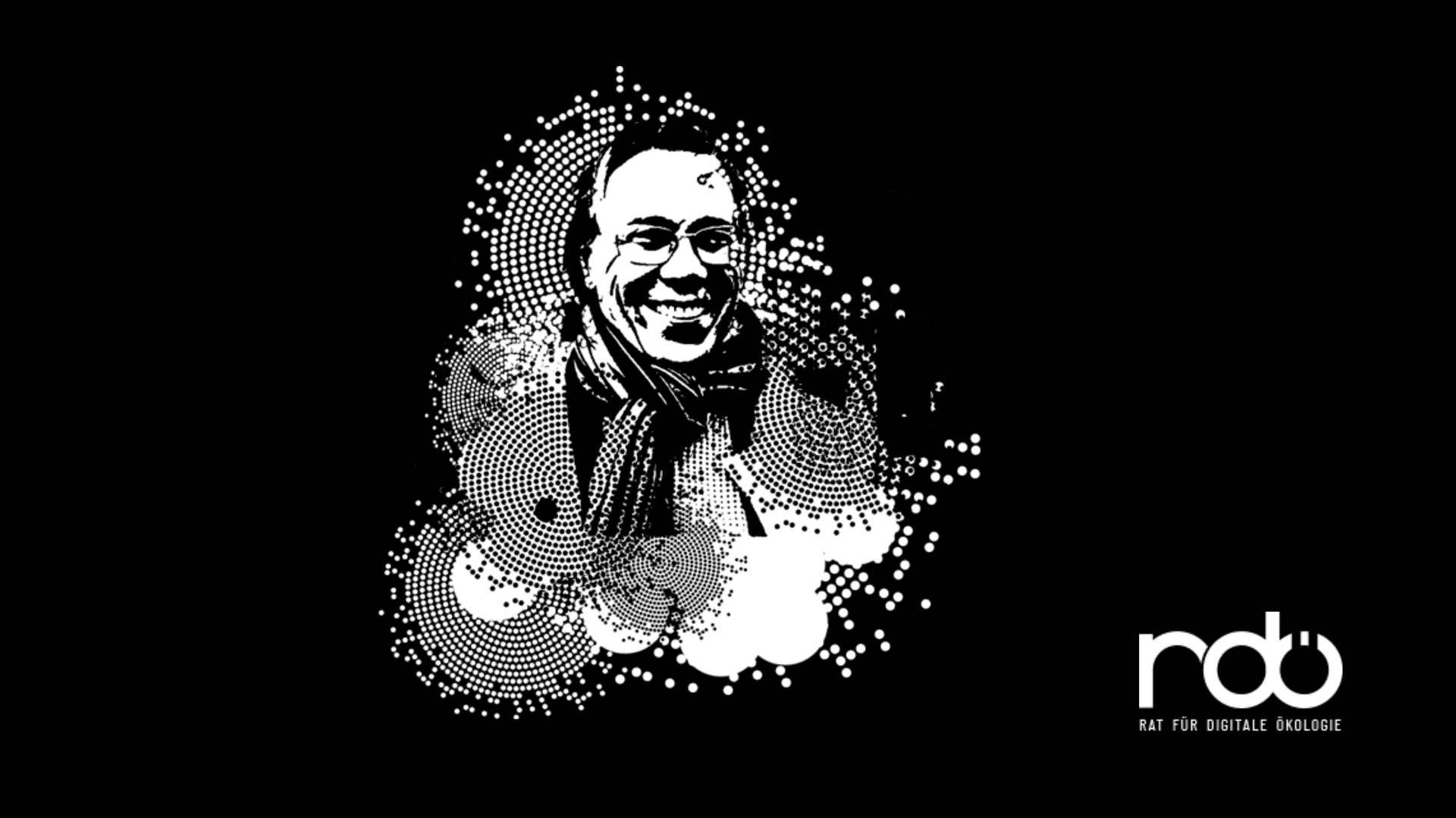“Society must define what it wants to do with technology - not allow technology to shape society.”Prof. Dr. Harald Welzer
Council for Digital Ecology
Internet services don’t seem physical at first glance, but they create substantial environmental impacts. We spoke with Harald Welzer from the Council for Digital Ecology about how to reduce their ecological footprint and how realistic these strategies are.
July 27, 2023

© RDÖ
Project description
Rat für Digitale Ökologie
Three questions to
Harald Welzer, Rat für Digitale Ökologie
Allianz Foundation: “At first glance, Internet services don’t seem material. But they still create massive burdens for the environment and climate. How serious is the problem?”
Harald Welzer: “The problem is serious – and it is getting more and more serious. Depending on the estimate, the entire information technology sector accounts for up to four percent of global greenhouse gas emissions. That is about as much as the entire continent of Africa. The manufacturers of hardware, microchips and so on require land, rare resources, water and energy; server farms need cooling and electricity. So nothing is immaterial at all.”
Allianz Foundation: “The algorithms used by online and social media platforms aim to have users spend as much time on the platforms as possible so they can be presented as much advertising as possible. The opposite actually needs to happen in order to minimize power usage and CO2 emissions. What tools are available to achieve this?”
Harald Welzer: “Essentially it a radical mistake development that all the effort ends up being spent just to be on the net more and more, to be seduced into more and more consumption. One big problem is that the algorithms are structured from the beginning to create addictive behavior, which will have serious consequences for the healthcare system in the future. Usage can be drastically reduced through simple technical measures – like having short pauses programmed for scrolling, or when starting an app. That makes users aware they are stuck in a spiral. These kinds of measures could be made mandatory.
But fundamentally there should finally be a public network developed across the EU that can functionally keep pace with established networks without pursuing commercial interests. This would be a great accomplishment."
Allianz Foundation: “How realistic is the implementation of these strategies in light of the platforms’ power?”
Harald Welzer: “The power of companies could be limited by breaking them up or putting a legal stop to certain practices. But that is a question of political will, which is absent so far. Either out of ignorance or out of interest. In this way, the big platforms’ power is unbroken for the time being. Thirty years after the invention of the Internet, political attention fundamentally has to finally face the question of whether these kinds of applications are beneficial – or detrimental – to the development of democracy and free societies. But the digital transformation is still mostly being discussed in terms of business and technology, which is why politics always lags behind the development. Society must define what it wants to do with a technology – not the technology what it will do with society.”